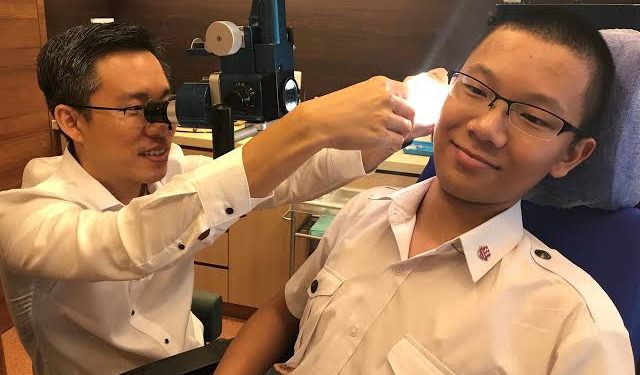Does your ear hurt? Ear pain can occur due to a problem in the ear or some other body part. If caused by an issue in different parts, it is called a referred pain. Nevertheless, infection or any other underlying health condition can be responsible for this experience. That’s why seeking medical help at the right time is necessary for treatment. Early detection can relieve your uncomfortable sensations faster, whether felt in one or both ears. One typically suffers from ear pain due to an ear or sinus infection. So, let’s understand how ENTs approach these conditions.
Ear Infection
While it can affect anyone, children are more vulnerable. They can face this ear condition due to the blockage in the Eustachian tubes, which clears fluid formed in the middle ear. Blocked tubes prevent fluid drainage, causing them to build up. It increases the risk of bacterial or viral infection in the middle ear. Apart from pain, a patient can experience congestion, fever, and a sense of fullness in the ear. Most mild infections resolve on their own with home remedies. Others can demand antibiotic treatment.
In adults, outer ear infections are most prevalent. It can occur due to fungus or bacteria in the ear canal’s lining. You can face itchiness in the ear canal, blockage, affected hearing power, and ear discharge besides pain. If you visit an ENT clinic, the doctor can first prescribe antibiotics. If this doesn’t help, they can conduct an ear test with a microscope to drain pus and other unwanted materials from the ear canal. Sometimes, swelling accompanies infection. In that case, they can use a sponge with anti-fungal or other such cream to soothe the trouble. Nevertheless, treatments are personalised based on the nature and extent of infection.
Sinus Infection
Also called sinusitis, this infection affects the sinus lining with swelling and inflammation. You can suffer this due to fungal, bacterial, or viral infection. A deviated septum can also cause it. Sinusitis can be acute or chronic. Acute cases are often short-lived, lasting for under four weeks. A patient can catch a cold and associated symptoms, which usually fade in ten days.
Most acute sinusitis problems, including bacterial ones, can improve naturally. If the bacterial infection becomes intense, ENTs recommend antibiotics, nasal spray, saline rinses, decongestants, etc. However, chronic sinusitis requires a different approach. Inflammation can be felt for over 12 weeks, even after medications.
Deviated nasal septum, infection, or nasal polyps can be responsible for chronic conditions. Many young and grown-up adults face this problem. Children are often less susceptible. Without proper attention, this disorder can hamper your vision and smell. Other health complications can also emerge. If additional treatments prove ineffective, your ENT can recommend endoscopic surgery for the sinus, in which a narrow, supple tube is inserted into the sinus passages. They take this step to eliminate any blockage (polyps, mucus, & fungus) in the path responsible for your chronic condition.
People often hesitate to visit an ENT specialist. However, ENTs are like primary physicians who examine your health, medical records, and symptoms. They start with the most common treatments and suggest an option like surgery only after testing everything else. You can feel safe if you approach a certified and highly qualified doctor.


 Home
Home









